Collar Guide: Which Shirts Demand a Necktie
Some shirts should always be
worn with a tie. Do you know which?

Written by Salvatore Marashi
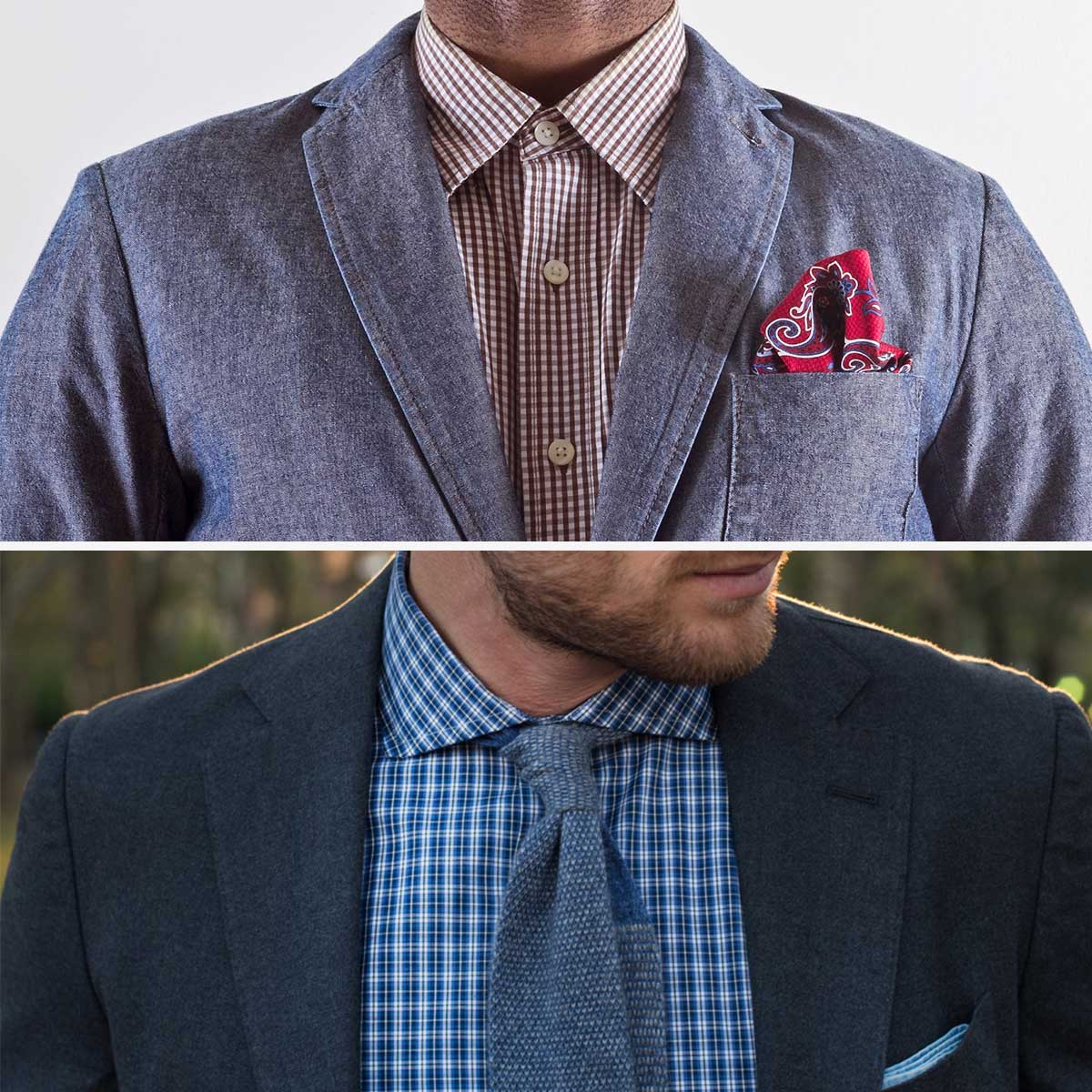
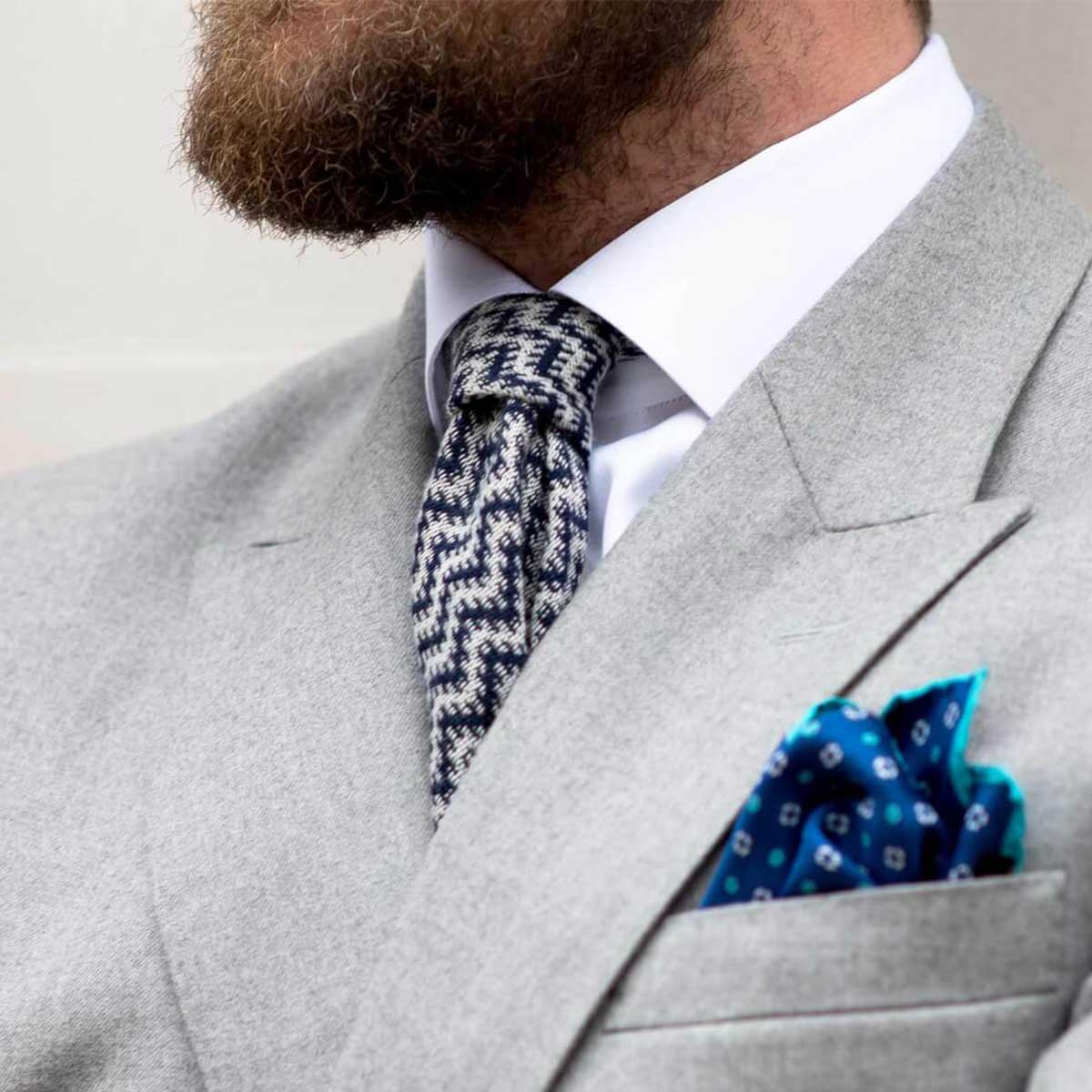


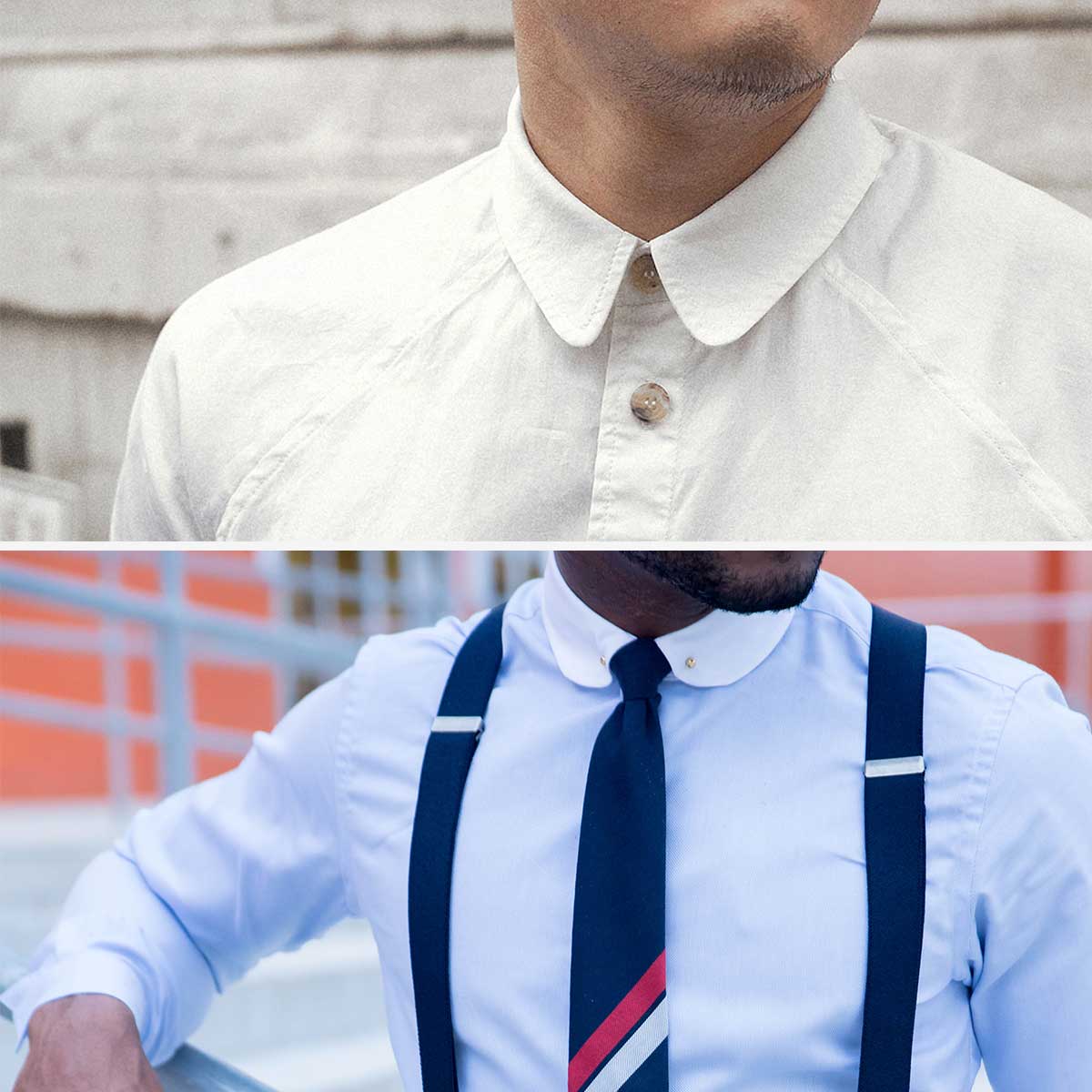
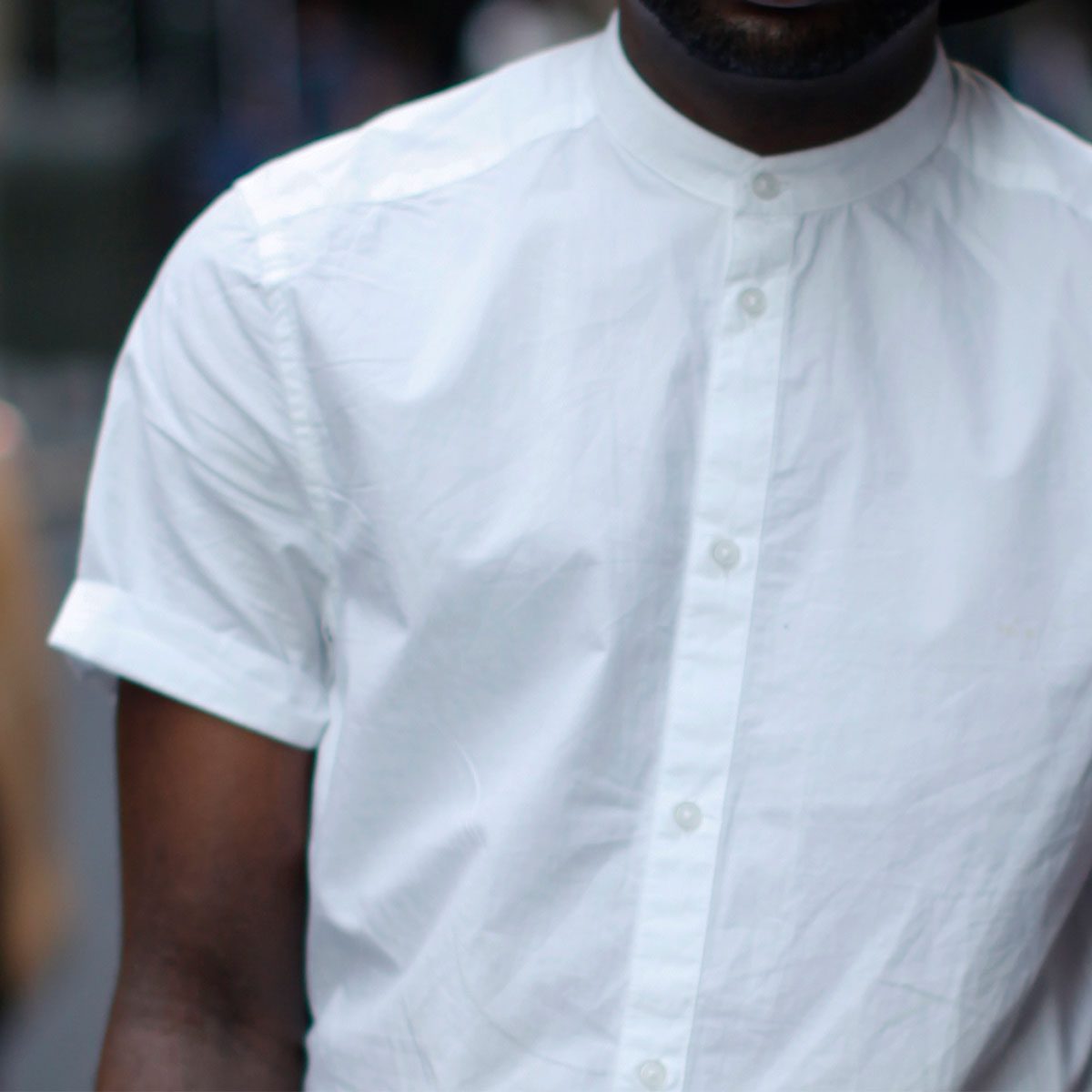

Written by Salvatore Marashi
Shirt collars have undergone
several changes and adaptations both for form and for function over the past
decade. We now have myriad shirt collar options and greater flexibility in
terms of personal style. Work environments have become increasingly open to
casual variations of the standard suit-and-tie.
All this new freedom may have
left you feeling a bit uncertain. To mitigate your collar confusion, we’ve
broken it down for you with 7 collar styles. Read on to see which demand a
necktie.
Spread Collar = Necktie
Optional

Easily the most popular collar
type out there, the spread collar’s name comes from the wide distance between
both collar points. These points and
angles can be shaped in a variety of styles, like the British spread, which has
longer point lengths, or the Wing Tip, which is a spread collar made
specifically for tuxedos. There are many
types of Spread collars out there, making these the most dynamic of all
collared shirts.
Forward Point Collar = Necktie
Required

Forward points are the most
traditional type of collared shirt.
Therefore, they were invented with the tie in mind. Without one, the flaps are hard to manage and
your shirt will look disheveled. That being said, the slightly wider collar
allows you more room to get creative with knot variations with your ties, and
while this particular collar comes in both buttonless and button-down, the
buttonless option further accentuates a tie knot, and would look simply out of
place without one This is the shirt to
show off your tie-tying skills, and try out eye-catching variations like the
Eldredge or the Trinity.
Cutaway Collar = Tie Required

Cutaways are designed with a
wider collar to allow for thicker ties.
So, you probably guessed it, but yes, you should wear a tie with this
one. It’ll be noticeable if you don’t.
These are kind of like the spread collar, but more pronounced. The fabric is literally cut away to leave
more room for the tie knot. They’re
meant for regular width ties and ties made of thicker material, so skip the
skinny tie when going for a cutaway collar.
Button-Down Collar = Necktie
Optional

Originally designed for polo
players so that the flaps would be held in place by buttons, button-down
collars have, over the years, transitioned nicely into formal wear. With the
ability to look both formal and casual, button-down collars don’t necessarily
require a tie to look great.
Club Collar = Tie Optional

Thanks to shows like Mad Men,
club collars have made a resurgence.
This style is much more casual than the traditional collar and works
great for nights on the town. Originally
made for boarding school students in mid-nineteenth century England, club collars
distinguished the students from the stiff collars of teachers. While this style is admittedly a little
harder to find, its recent popularity has led to a resurgence in availability,
especially with more on-trend stores like Topman and J. Crew. If you are going to pair this shirt with a
necktie, keep it laid-back with a cotton tie instead of something more
formal.
Cuban Collar = No Tie
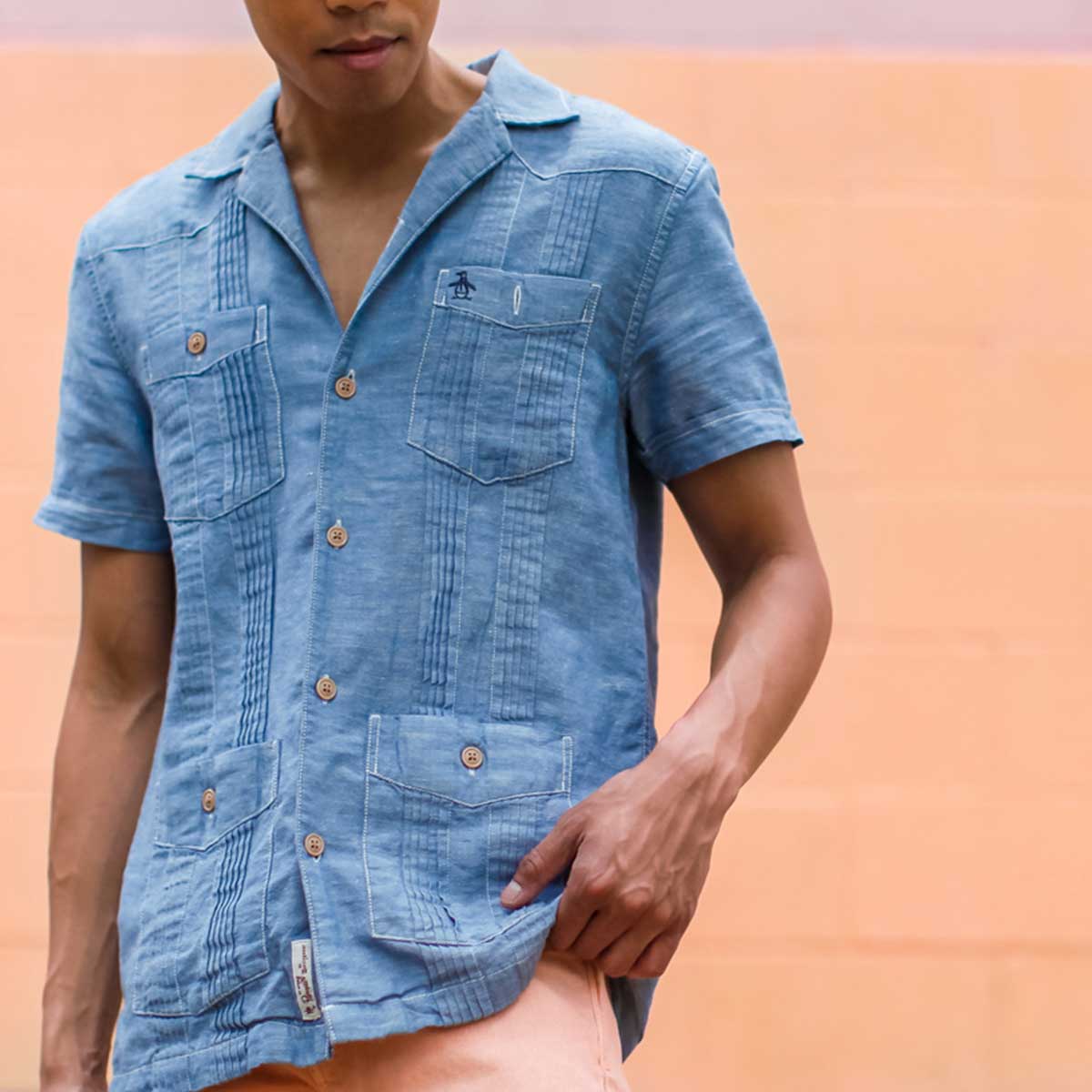

One popular style that has
resurfaced in recent years has been the Cuban collar. Cuban collars came about in
eighteenth-century South America as a sort of uniform look for workers. These collars gained popularity in America in
the fifties and recently made a resurgence in popularity for its relaxed style
and vacation vibes. The collar on these
shirts is an open and notch-like style.
For shirts with these collars, skip the necktie. Made for ensembles on the more summery/casual
spectrum, a tie would simply look out of place (and you’re not going to want to
button your collar up all the way with this style, anyway).
Band Collar = No Tie

When the founder of Gitman
Vintage nicked himself shaving and decided to remove his bloodstained collar,
he inadvertently started one of the most important modern looks of
menswear. The band collar, or collarless
shirt, is relatively new in the world of men’s fashion. These collars represent menswear’s slow but
steady gravitation towards casual styles and the cross between casual and
formal. With all that said, pairing a
tie with a band collar is a no-go. Simply
put, there’s just no place to even nest the tie around your neck. This is the anti-tie collar. Wear it as such.
Salvatore Marashi
SOURCE: THE GENTLEMANUAL
SOURCE: THE GENTLEMANUAL
Comments
Post a Comment